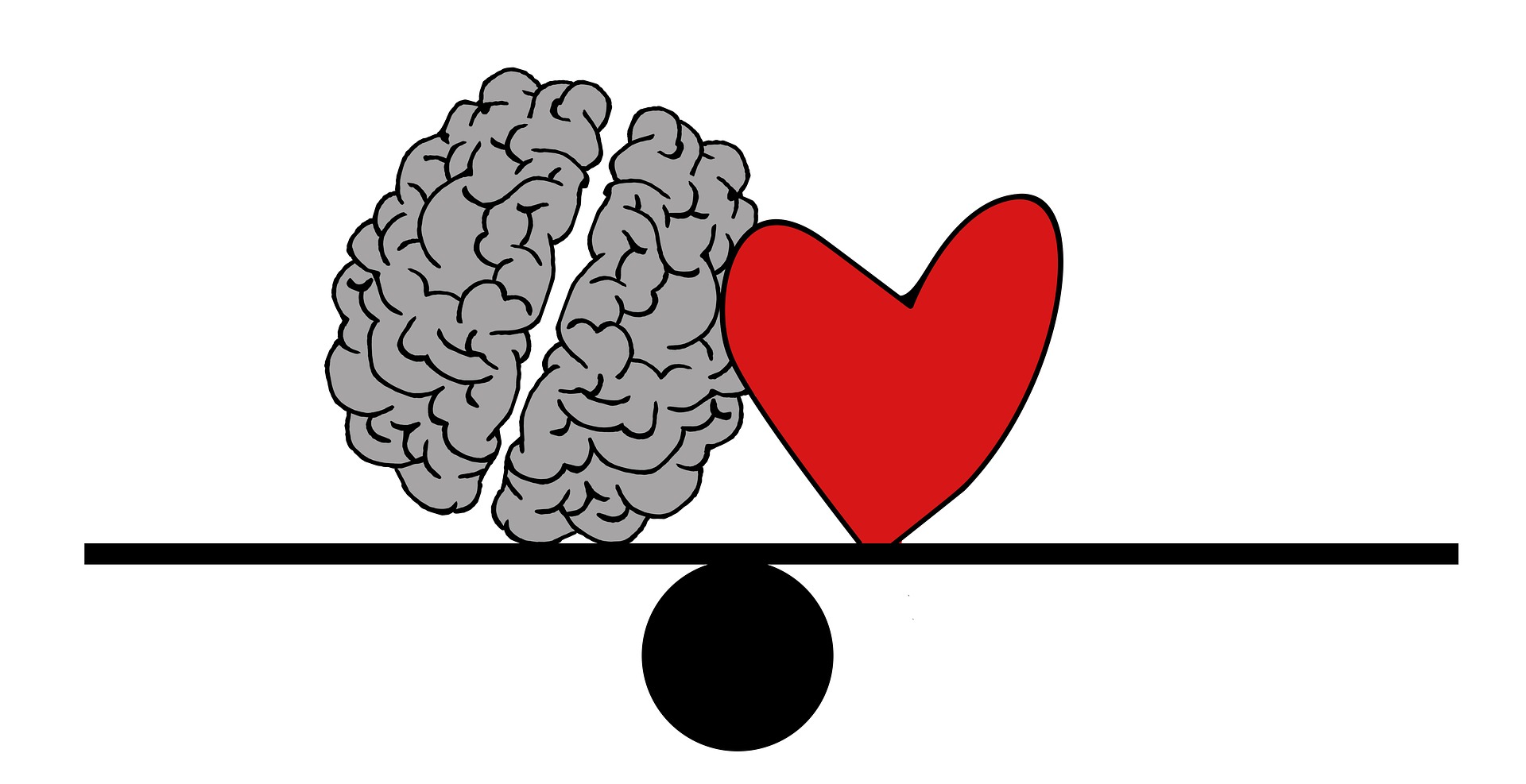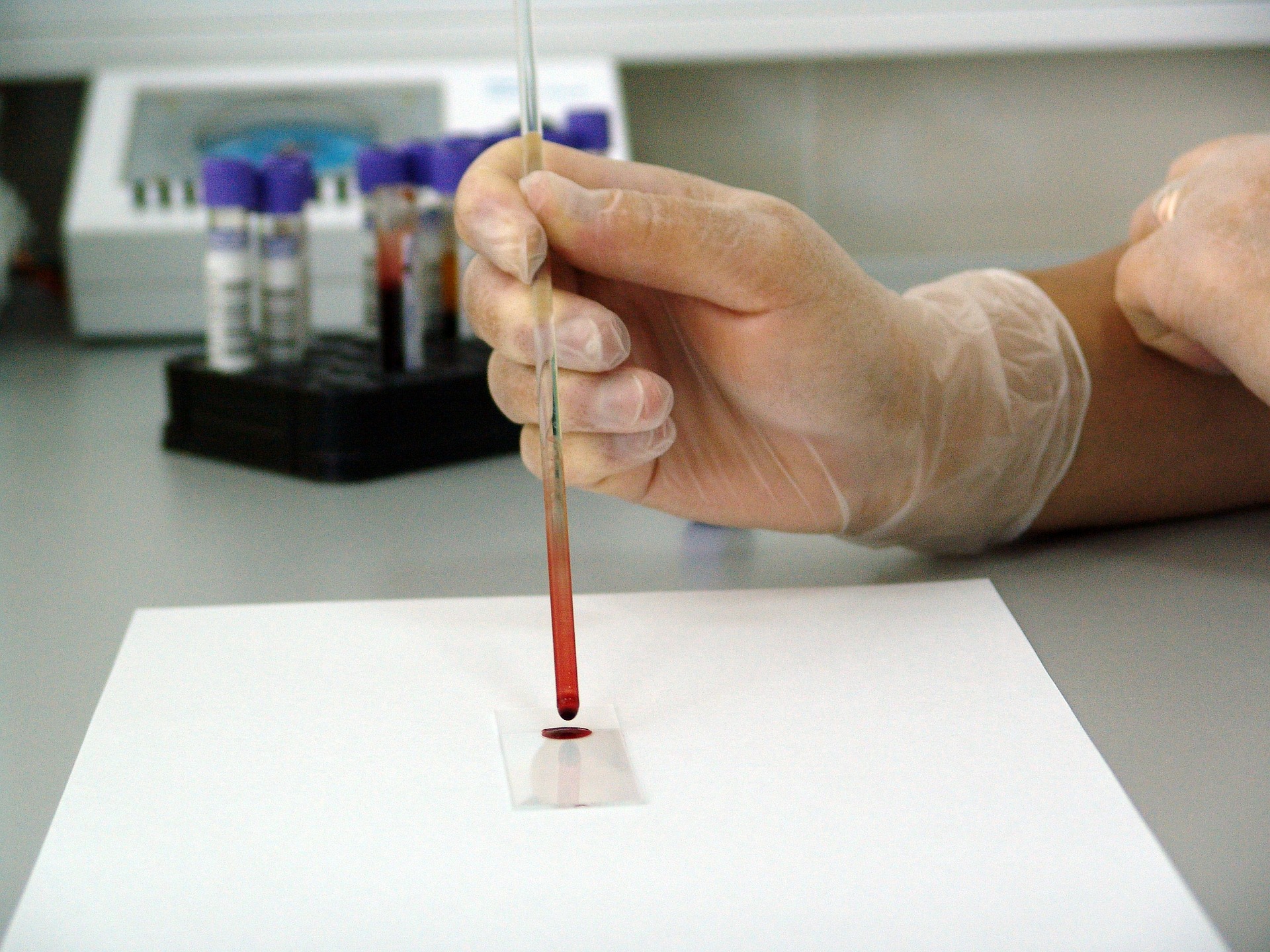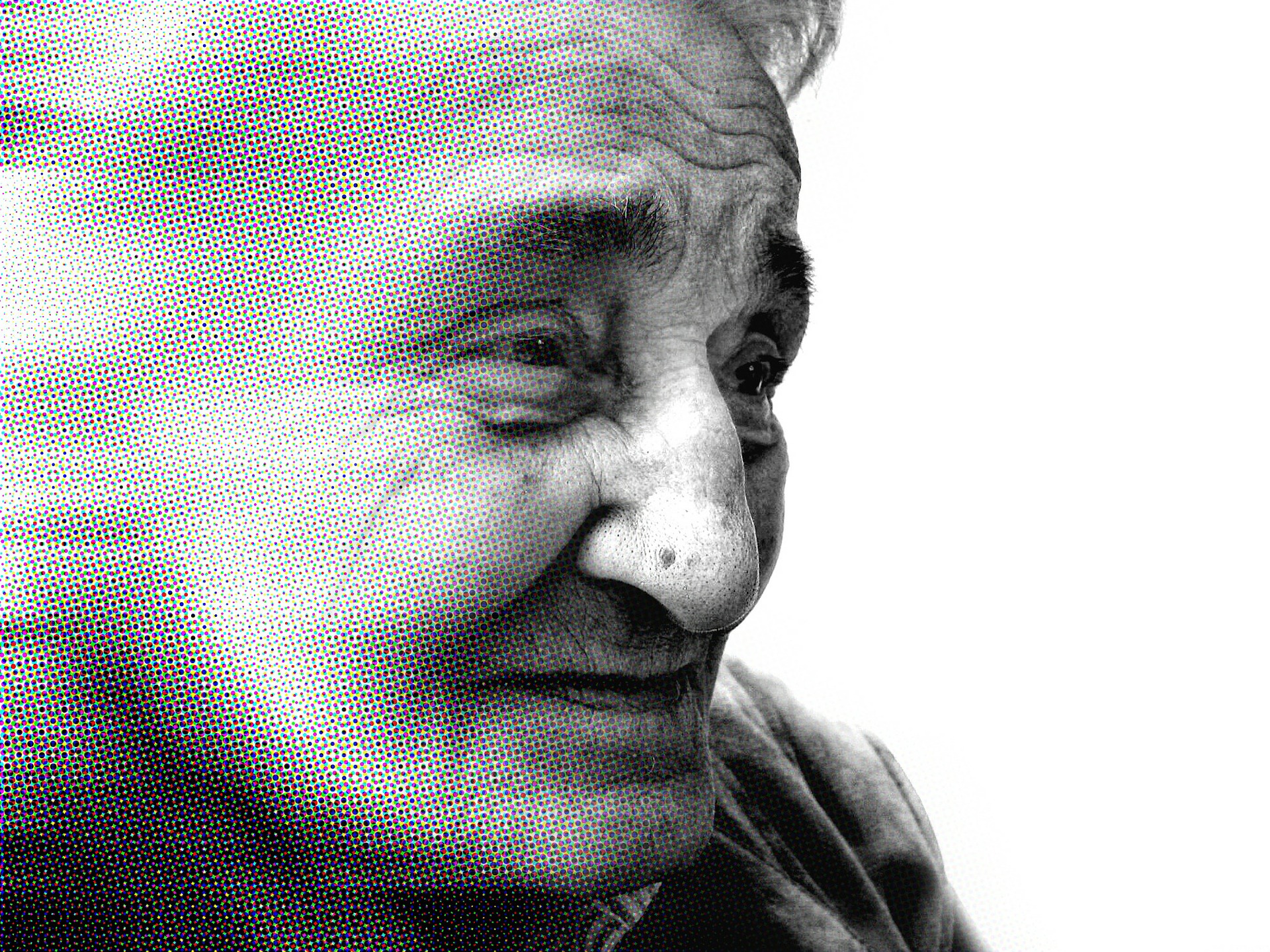Lack of Sleep May Be a Risk Factor for Dementia
Recent research supports the belief that sleep deprivation leads to the accumulation of substances in the brain which trigger and/or exacerbate Alzheimer’s disease (AD) and dementia. While scientists have long known that sleep is critical to well-being, new studies confirm the vital link between sleep and brain health. Recent research, featured in Psycholog...














